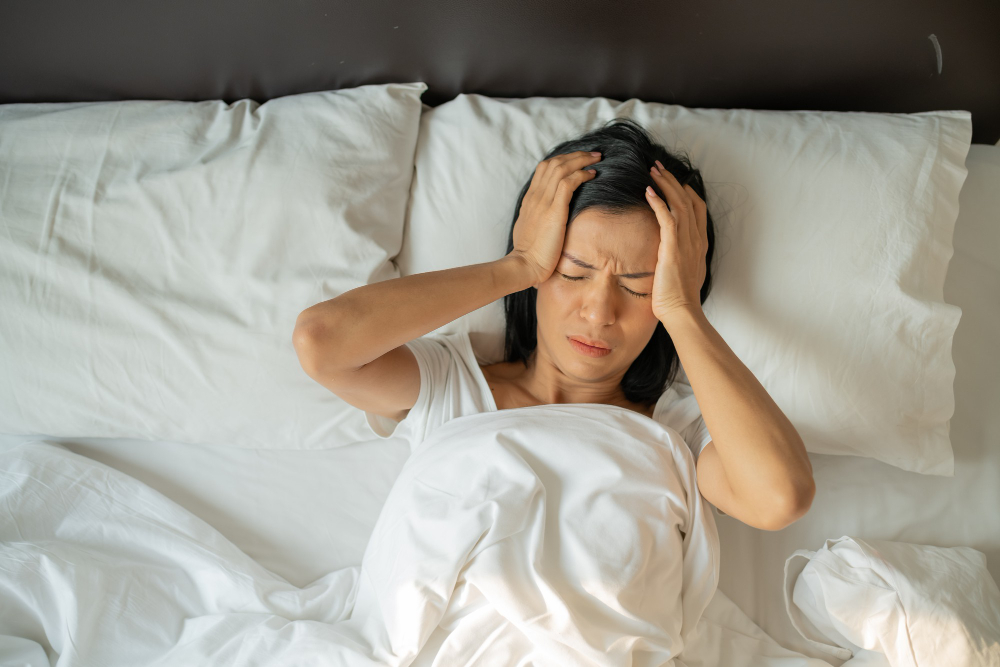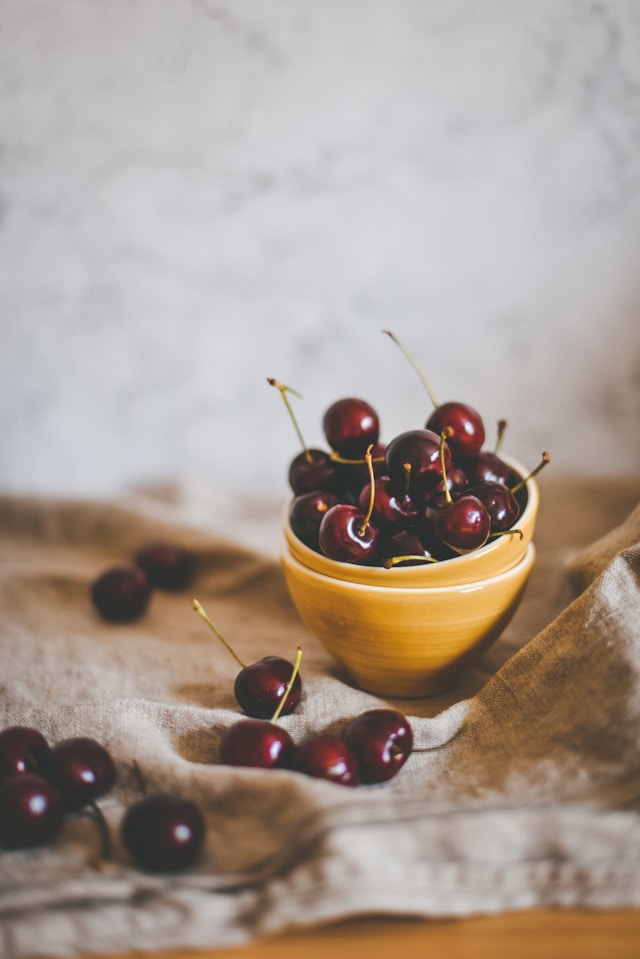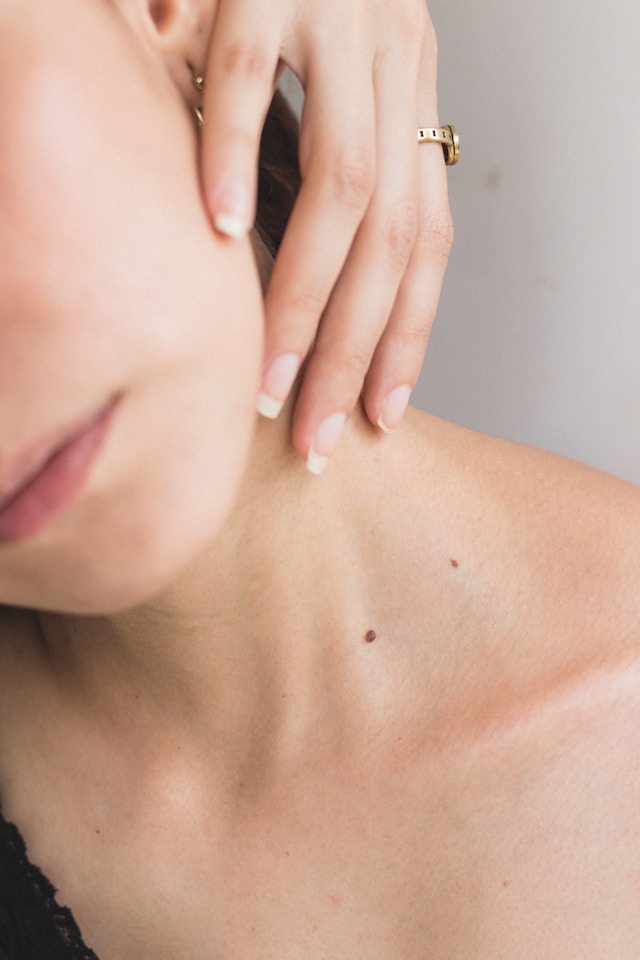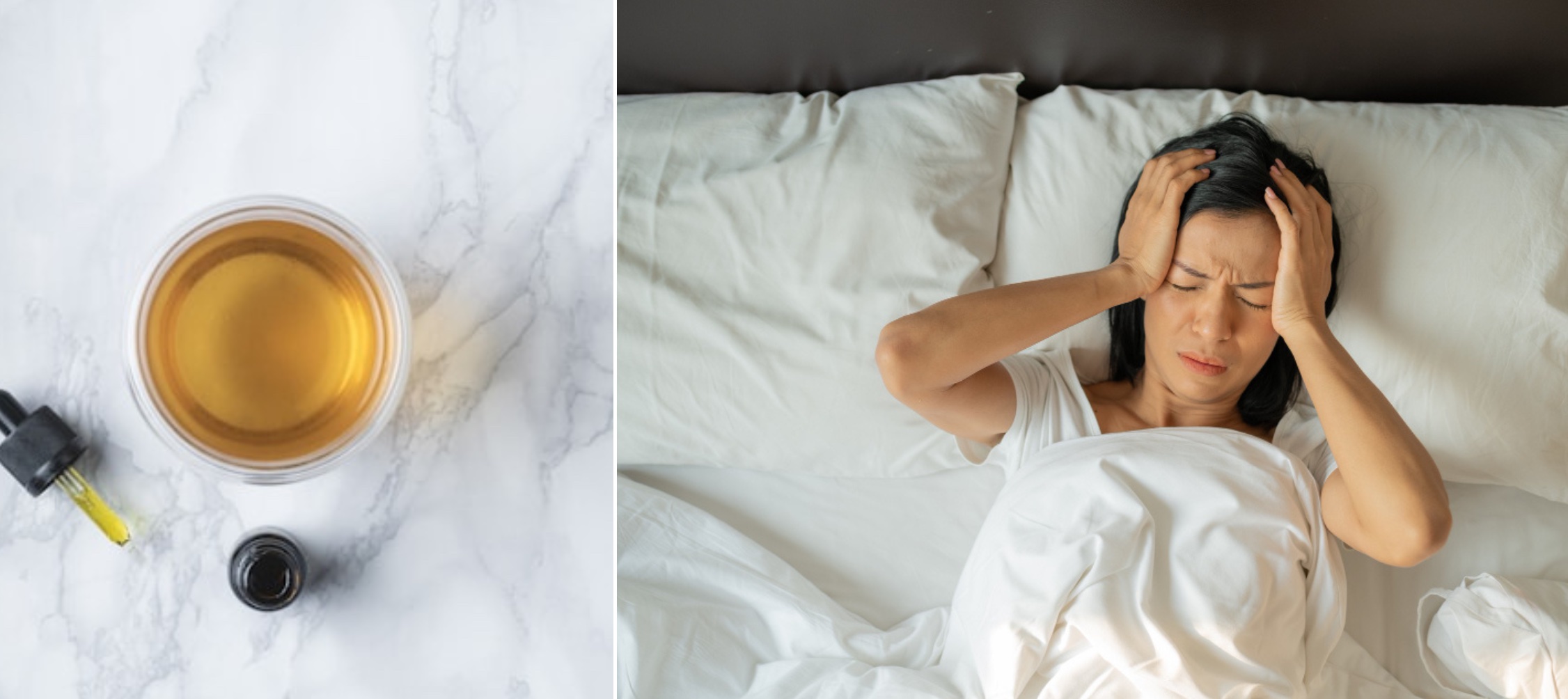Introduction
Sleep is one the most important parts of our health, yet very few of us enjoy a good, undisturbed night’s sleep. Insomnia is a sleep disorder that causes difficulty in initiating and maintaining sleep, which ultimately leads to impaired functioning during daylight hours. If you have suffered from insomnia, you are without a doubt not the only one. Lacking sleep is tiresome on the body, and sadly many people are tempted to just gulp a sleeping pill. Fortunately, there are many natural remedies that might help you get rid of your insomnia, and finally get a long and good, durable night’s sleep.
Understanding Insomnia
What is insomnia? Difficulty falling asleep or staying asleep, waking up too early in the morning; spending too little time or too poor-quality time in bed; when you wake up feeling drowsy and have difficulty functioning during waking hours. The causes are typically psychological and physiological. They can include stress or anxiety, sleeping in a warm or noisy room, or at irregular hours; alcohol; drugs; caffeine; drugs/stimulants such as nicotine; or from an underlying medical condition (such as depression, heart disease and/or pain).

Natural Remedies for Insomnia
Sleep medications are no more helpful than we think and patients aware of the side effects and the addiction risk may want to use natural remedies. The following are some of the examples of natural remedies that help improve our night sleep.
Sleep Hygiene
The first step in better sleep is what we call good sleep hygiene: the establishment of a healthy sleep environment and habits that enhance quality slumber.
- Regular Sleep Schedule
- Bedtime Routine
- Avoid Naps
Diet and Nutrition
What you put in your mouth can affect your sleep. Start by eating your last meal more than two hours before going to sleep. Avoid heavy, energy-rich foods rich in protein, especially close to bedtime, since they disrupt sleep and lead to broken sleep. Similarly, avoid caffeine and alcohol in the evening, since they also interfere with sleep. Instead of consuming items that stimulate, try consuming these items, known for putting the body to rest.
- Warm Milk
- Chamomile Tea
- Tart Cherry Juice

Physical Activity
Walking and swimming – and other forms of sport, of course – are also good for sleep: they make you sleep better; reduce stress; improve mood; and help establish a good rhythm.
Timing: It’s important when you do these activities. It’s best not to do intense heart-pumping exercises fewer than three hours before bedtime, for the same reason you do not drink coffee at night- it releases stimulants. The best times are in the morning or extremely early afternoon.
On the other hand, several exercises are known to help the body slow down in preparation for sleep.
- Relaxing Exercises
- Yoga
- Stretching
- Anything that chills your mind and your body

Mindfulness and Relaxation Techniques
Practicing mindfulness and relaxation can help ease stress and create a calm mental environment that can facilitate sleep.
- Mindfulness Meditation
- Breathing Exercises
- Progressive Muscle Relaxation
Aromatherapy and Essential Oils
Practicing aromatherapy by using essential oils can create a relaxing environment conducive to sleep.
- Lavender Oil

Herbal Supplements
Herbal remedies have been used for centuries to promote relaxation and sleep.
- Valerian Root
- Passionflower
- Melatonin
- Cannabinol (CBN)
CBN, a cannabinoid derived from organic hemp, is gaining popularity as a natural sleep aid.
Due to CBN’s relaxing and mildly sedative effect, CBN is often taken to improve sleep quality and duration.
Usage: CBN is available in oils, capsules, and edibles like this delta 9 indica gummy with CBN. Start low and go slow. Consult a physician to determine the right dose for you.
Light Regulation
Managing light exposure can help regulate your sleep-wake cycle.
- Dark Sleep Environment
- Limit Artificial Light
Temperature and Sleep
Keeping your bedroom at a comfortable temperature can improve sleep quality.
Optimal temperature: 60 – 67°F (15-19°C). A room that is too hot or too cold disrupts your circadian rhythm. Use natural bedding and nightwear so that your body temperature varies with the normal day and night cycle.
Modify the temperature: Keep a fan on hand or use a cooling mattress pad if you tend to run hot.
Massage Therapy
Massage can promote relaxation and improve sleep quality.
Massage has numerous significant benefits: Decreases stress, muscle tension and relaxation of muscles, back news, neck tension, increasing blood circulation, pain relief, and much more. You can do it with an expert or as self-massage techniques.
- Self-Massage Techniques:
- Lower Limbs: Use your thumb or thumb and forefinger in an upward motion, applying pressure. Since muscles become tauter during the day, try starting from the sole of your foot, working your way up to the back of the knee.
- Try working on your neck and shoulders – gentle, circular motions are usually most effective.

Conclusion
Insomnia can be a very difficult disorder to cope with at times, but every natural remedy to help you get better sleep is worth trying. Consistent with sleep hygiene, there is evidence that diet, normal body weight, physical activity and relaxation techniques can support better sleep without pharmaceutical prescriptions. Next time, before beginning a different type of treatment, disclose to your physician that you want to explore options for natural sleep improvement, particularly if you have an underlying illness.









2 Responses
Explore the massage store in LAS for expert recommendations and premium products that take your relaxation to the next level.
Exploring massage therapy is such a great way to improve overall well-being. It’s amazing how it can help with both relaxation and pain relief.